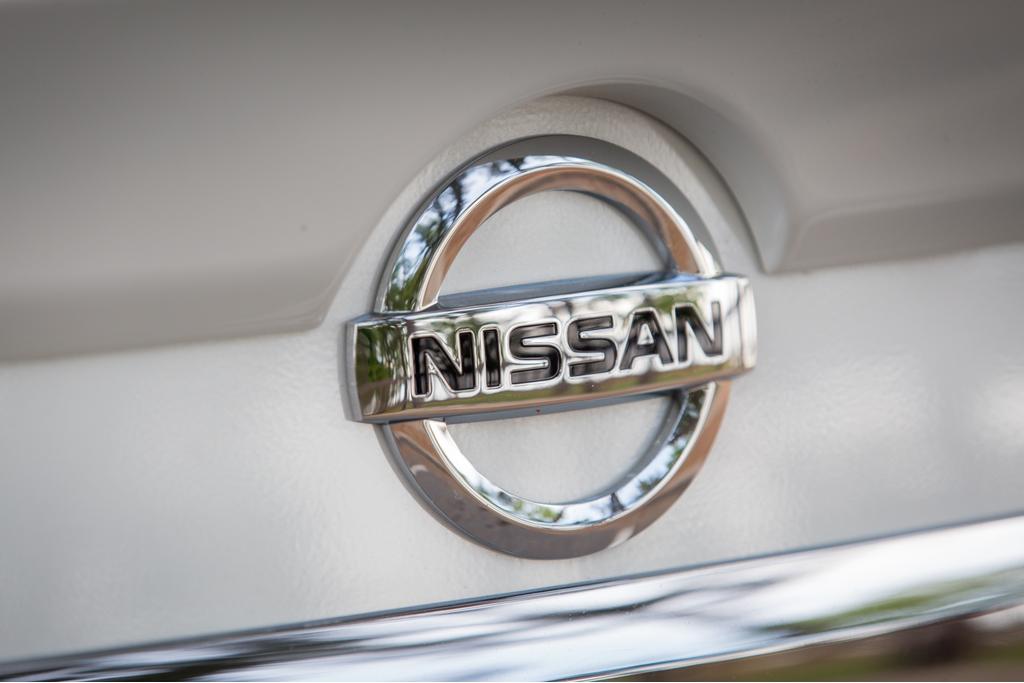
CARS.COM - Nissan is developing fuel-cell technology for cars that uses ethanol as its hydrogen source rather than hydrogen. The automaker is looking to implement this system in its cars by 2020. Nissan's technology would address one of the problems with fuel-cell vehicles: infrastructure.
Related: Study Pits Electric Cars Against Fuel-Cell Vehicles
The ethanol, which is produced from plants such as corn or sugar cane, would generate electricity in Nissan's fuel-cell stacks. This would charge the car's batteries that power the vehicle, Reuters reports.
"The cost and energy required to produce hydrogen can be very high, and it also requires significant investment in infrastructure [for fueling and storing]," Hideyuki Sakamoto, executive vice president for Nissan, said in a Tokyo press conference. "Compared with that, ethanol is very easy to procure, it is safer to store and lower cost. These are its merits."
Reuters reports Nissan is targeting a range of roughly 500 miles per fueling with the ethanol-based fuel-cell technology. The automaker said in a press release that running costs will be "on par" with today's electric vehicles.
The University of Michigan's Transportation Research Institute reports there are 14 public fuel-cell refueling stations in only four states. In the U.S., ethanol is used as a biofuel additive to gasoline.
For more on Nissan's fuel-cell technology developments, read Reuters' full report.
No comments:
Post a Comment